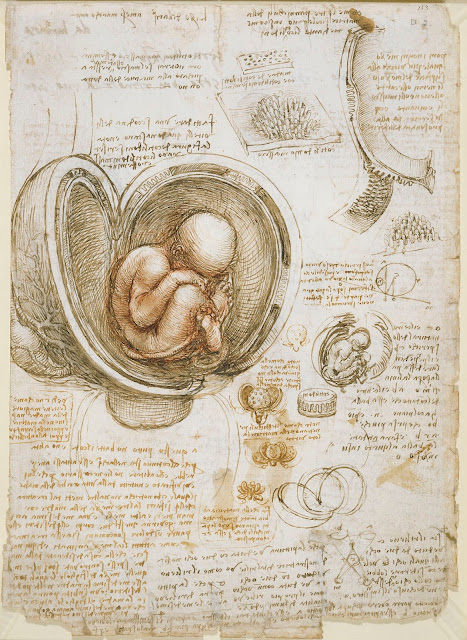A thing is a verb
If you can answer how a thing is a verb, then you have a language spanning philosophy and psychology; a language relating how a thing becomes a process. Let me put it in more mundane terms. A person is diagnosed with a disorder. They go to a doctor, who prescribes them medicine to chemically normalize symptomology of the disorder. Why? Because the reasoning to prescription proceeds from all manner of assumptions - involving an ontological magisteria (the neurobiochemical) as well as a causal magisteria (behaviors). The reasoning thus involves both thing and process: the thing is the composition; the process is what the thing does or undergoes. That, however, is too limiting a metaphysics, for it also harbors another assumption: a thing is not in itself process; there is an exclusive disjunction between the two. Traditional philosophy would, according to Derrida and Levinas at least, be violent in this regard, for it programmatically makes things about being. Things, processes, al


